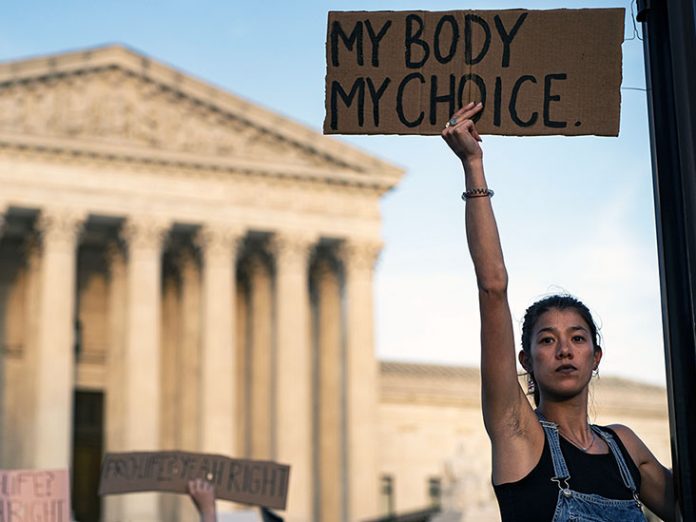A review of the availability of abortion in Romania reveals that most public hospitals in the country are failing to ensure safe, on-demand abortions. Despite abortion being legal in Romania, accessing it in a public hospital can be difficult. The pandemic also made a bad situation worse, according to the Filia Center women’s advocacy group.
In the first half of 2021, the Filia Center questioned 171 hospitals in Romania about abortion. They found that only 59 offer abortions on demand. Out of 802 specialists in obstetrics and gynecology working in those hospitals, only 275 said are willing to perform an abortion. The representatives of the 51 hospitals argued that abortion is not among the services they offer due to religious reasons.
Twenty others said that doctors were opposed to it on moral grounds.
“About 90% of Romanian hospitals, don’t have the necessary procedures in place for performing abortions”, according to journalist Diana Oncioiu, quoted by Euronews. She says this allows hospitals to turn away women looking for an abortion without the risk of being sued.
As well as abortion being harder and harder to access, several religious organizations in Romania have begun using the same tactics as their U.S. counterparts, picketing gynecology cabinets.
„In Piatra Neamț, between 2013 and 2015, you had to get the hospital priest’s approval before getting an abortion. This doesn’t happen anymore, because they stopped performing abortions altogether”, Oncioiu added.
Oana Băluță, a lecturer at the University of Bucharest, argued that banning abortions won’t stop them from being performed. „It just means that women won’t have access to safe, medically-provided abortions. One certainty we have is that banning abortion leads to death, the death of women who will have abortions in medically unsafe conditions. The history of Romania is very well documented from this point of view, after the 1966 moment”, she says.
In 1966, communist authorities in Romania banned abortion and contraceptives in a bid to boost the population. However, wealthier women found a way to circumvent the ban through bribes, or by using IUDs smuggled from Germany. Poorer women, on the other hand, resorted to dangerous back-alley abortions.
By 1989, an estimated 10,000 women had died as a result. Maternal mortality also doubled between 1965 and 1989.
High number of teenage moms, 4,300 teenage abortions in single year alarms Romanian health officials

















